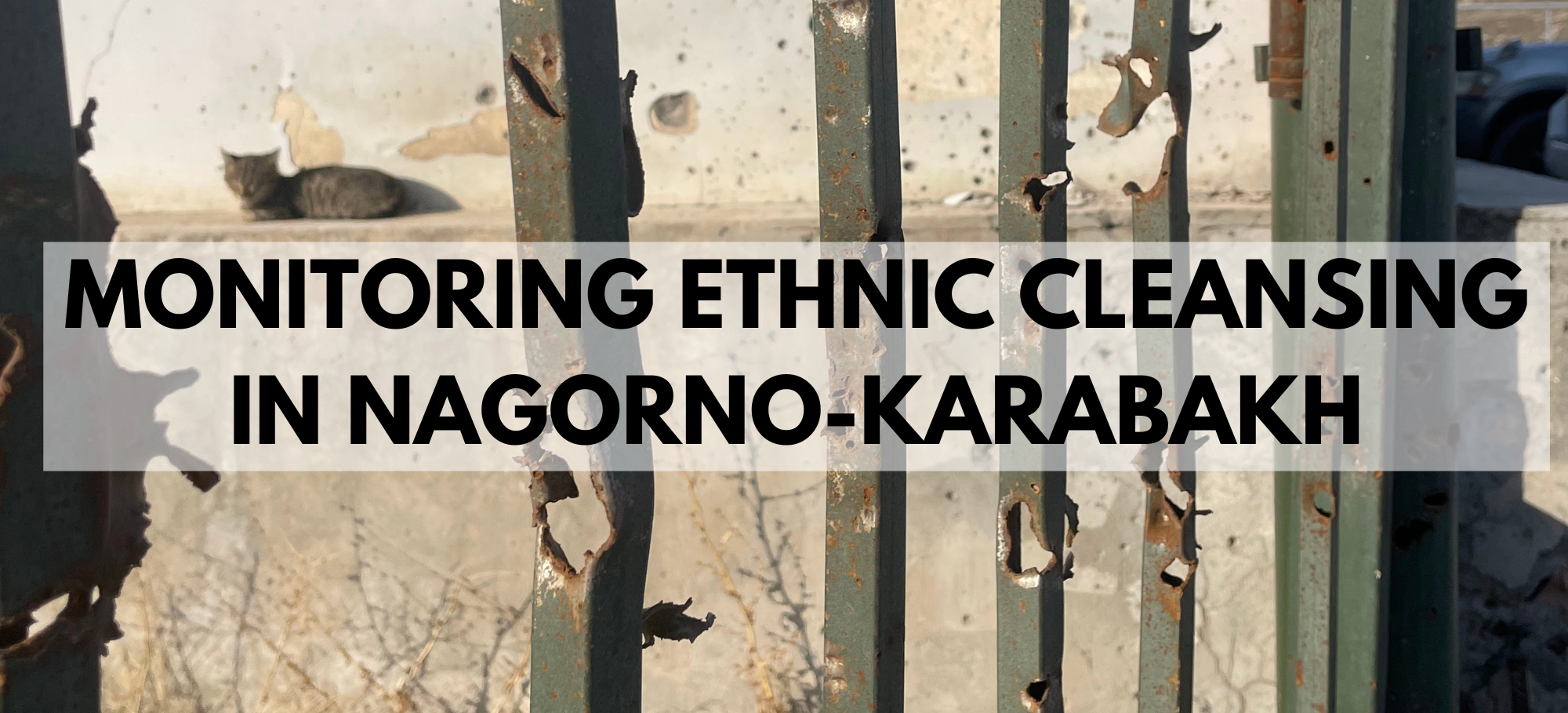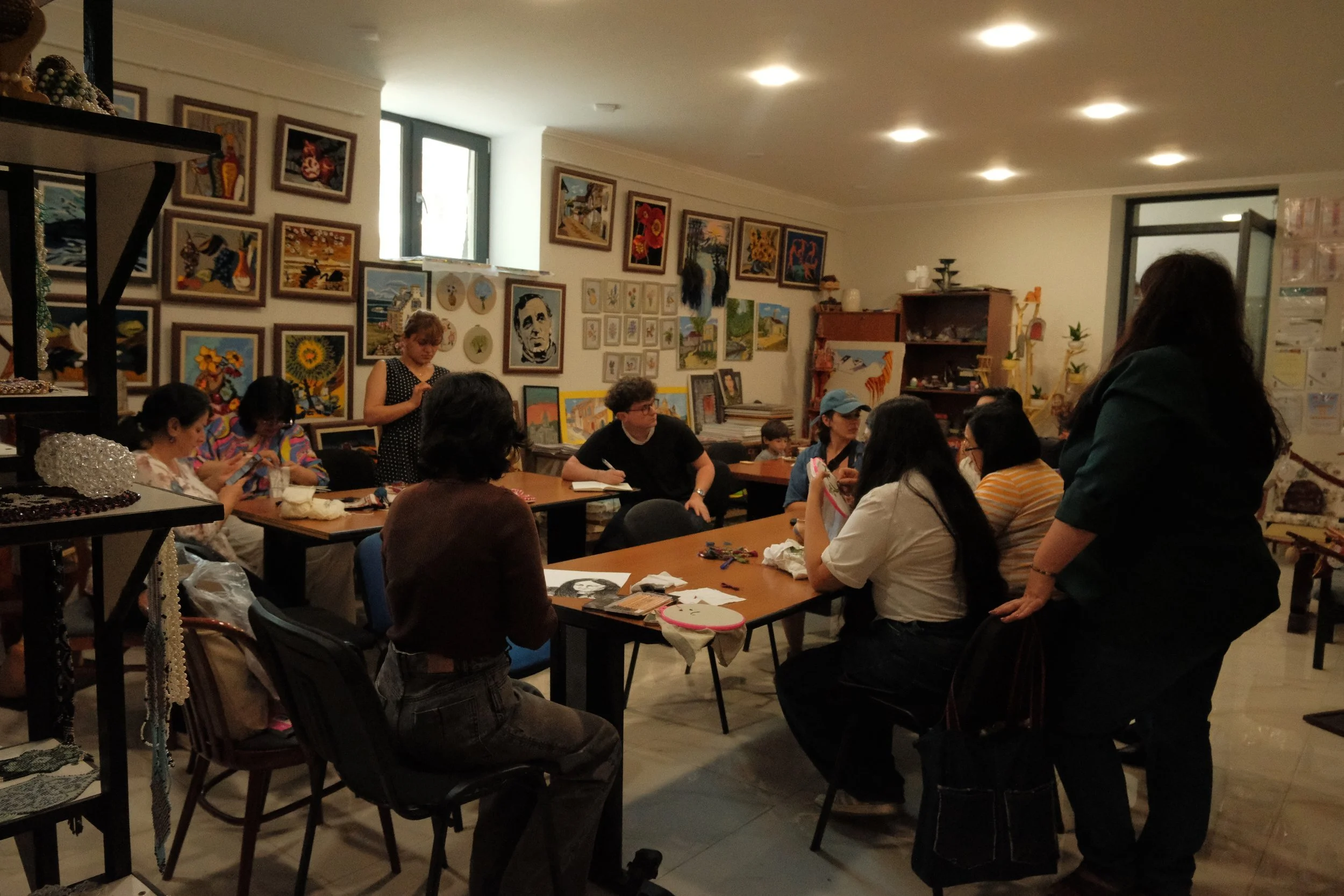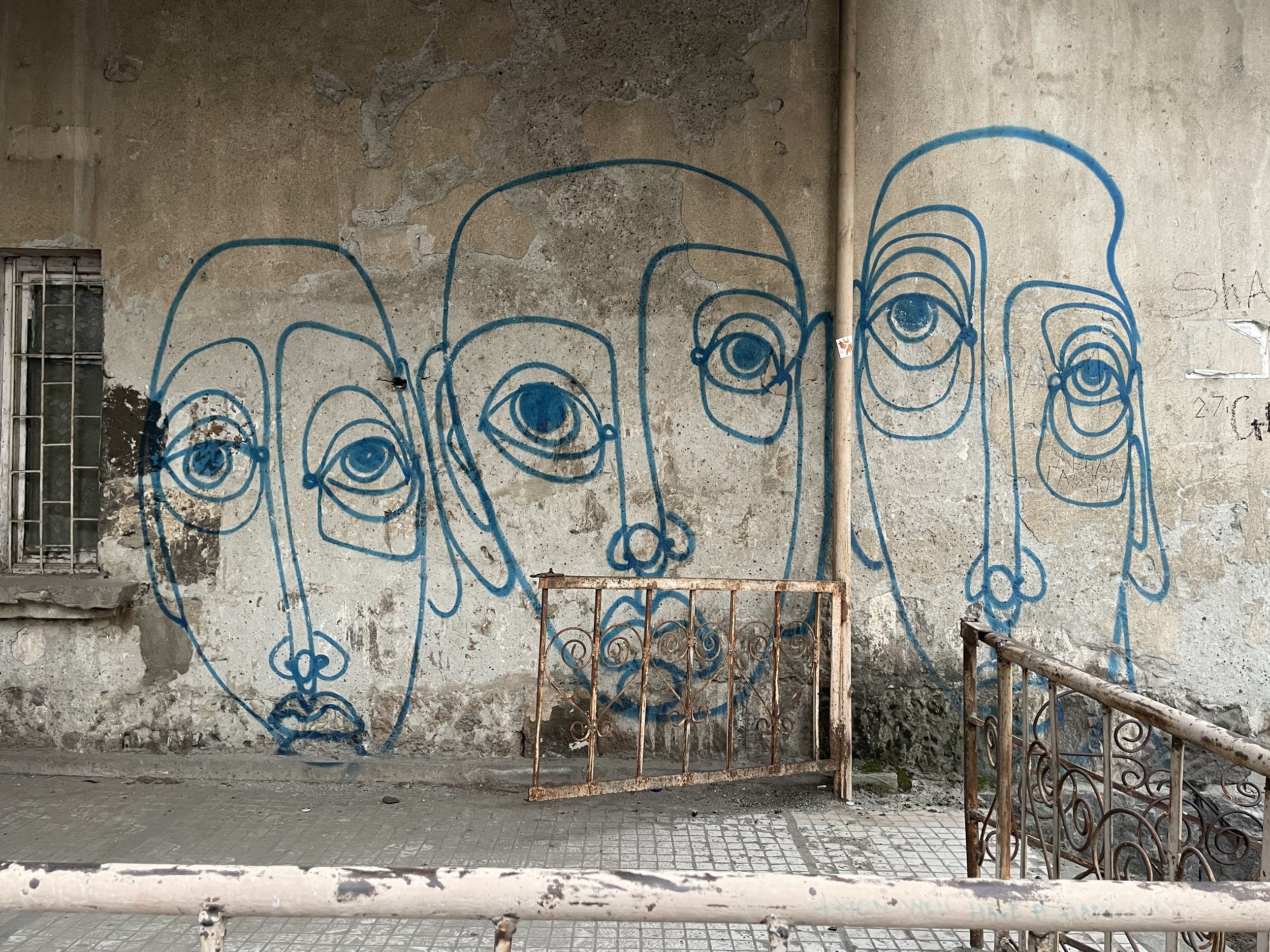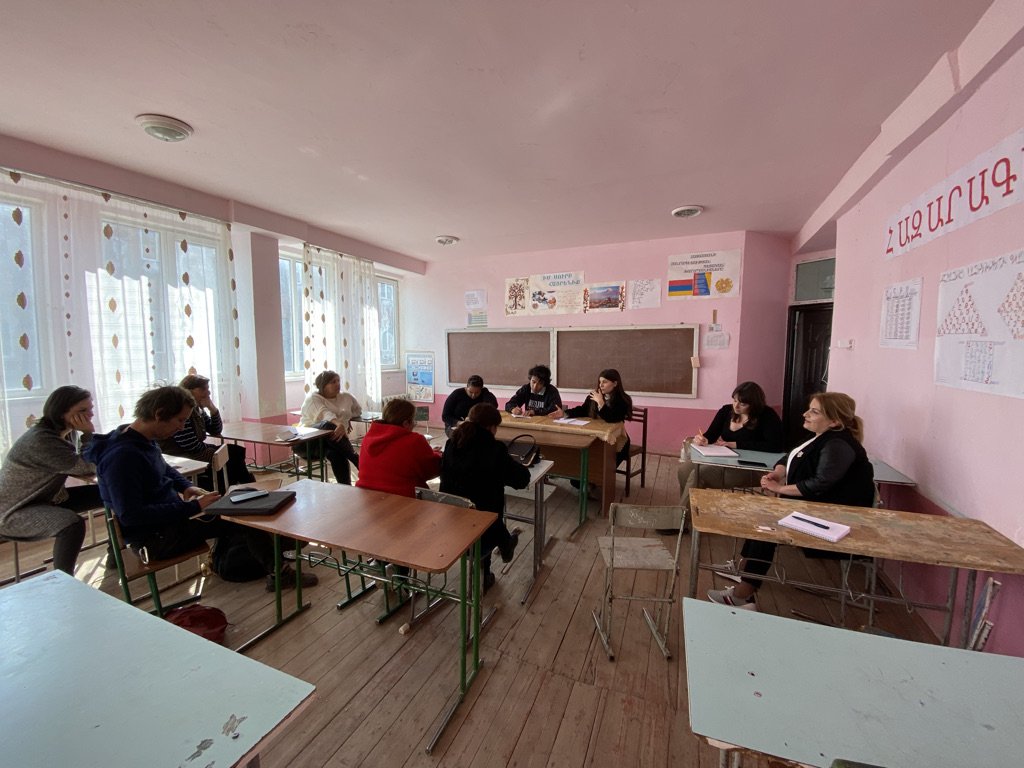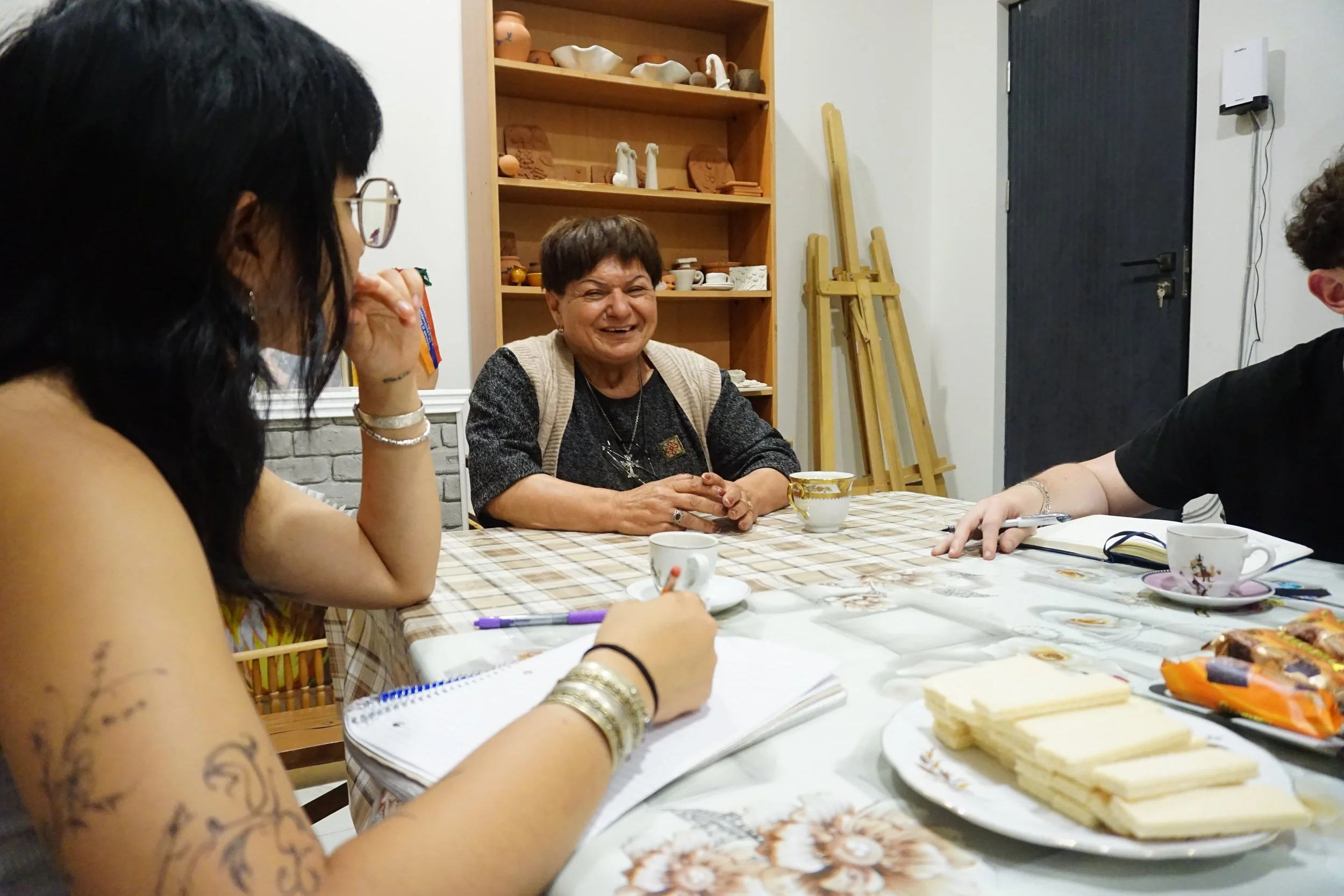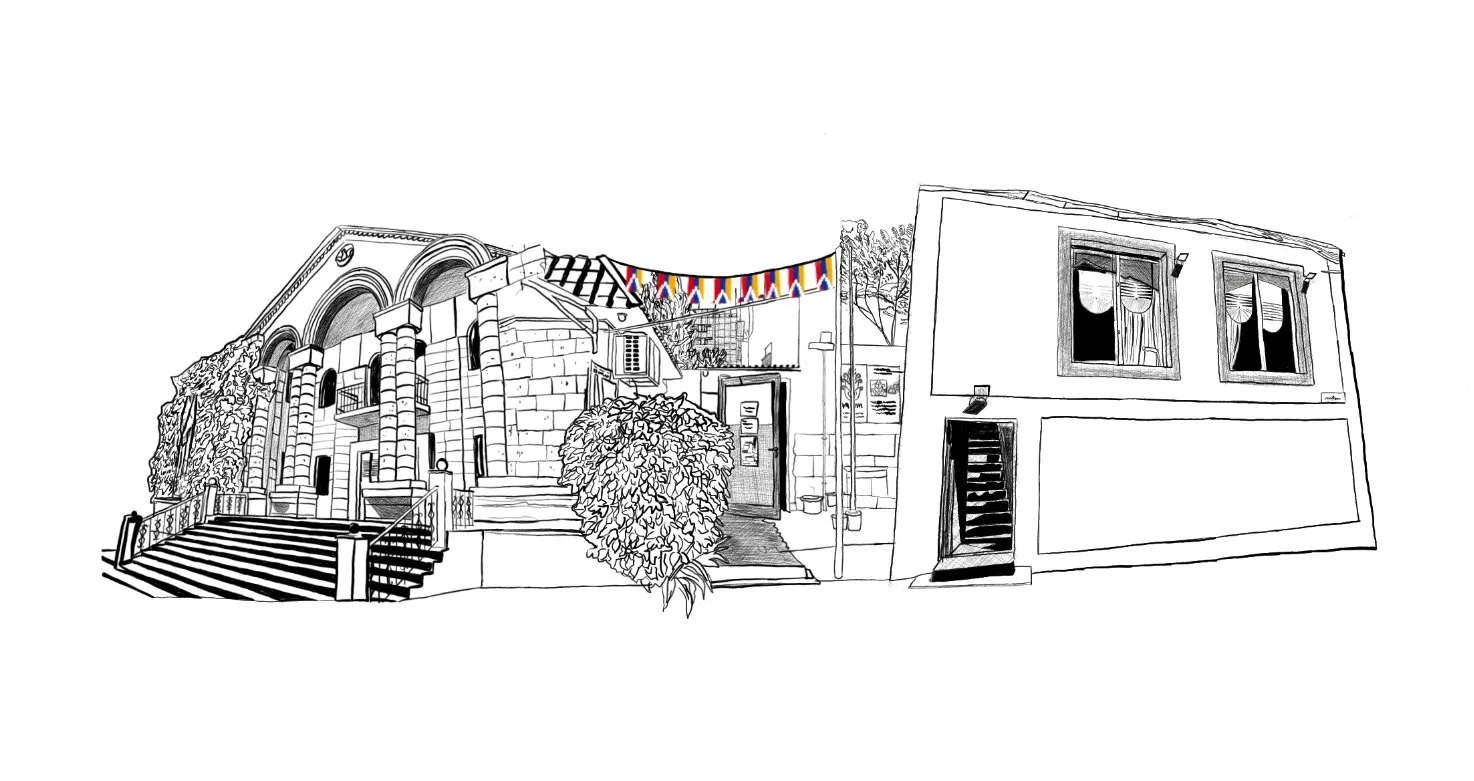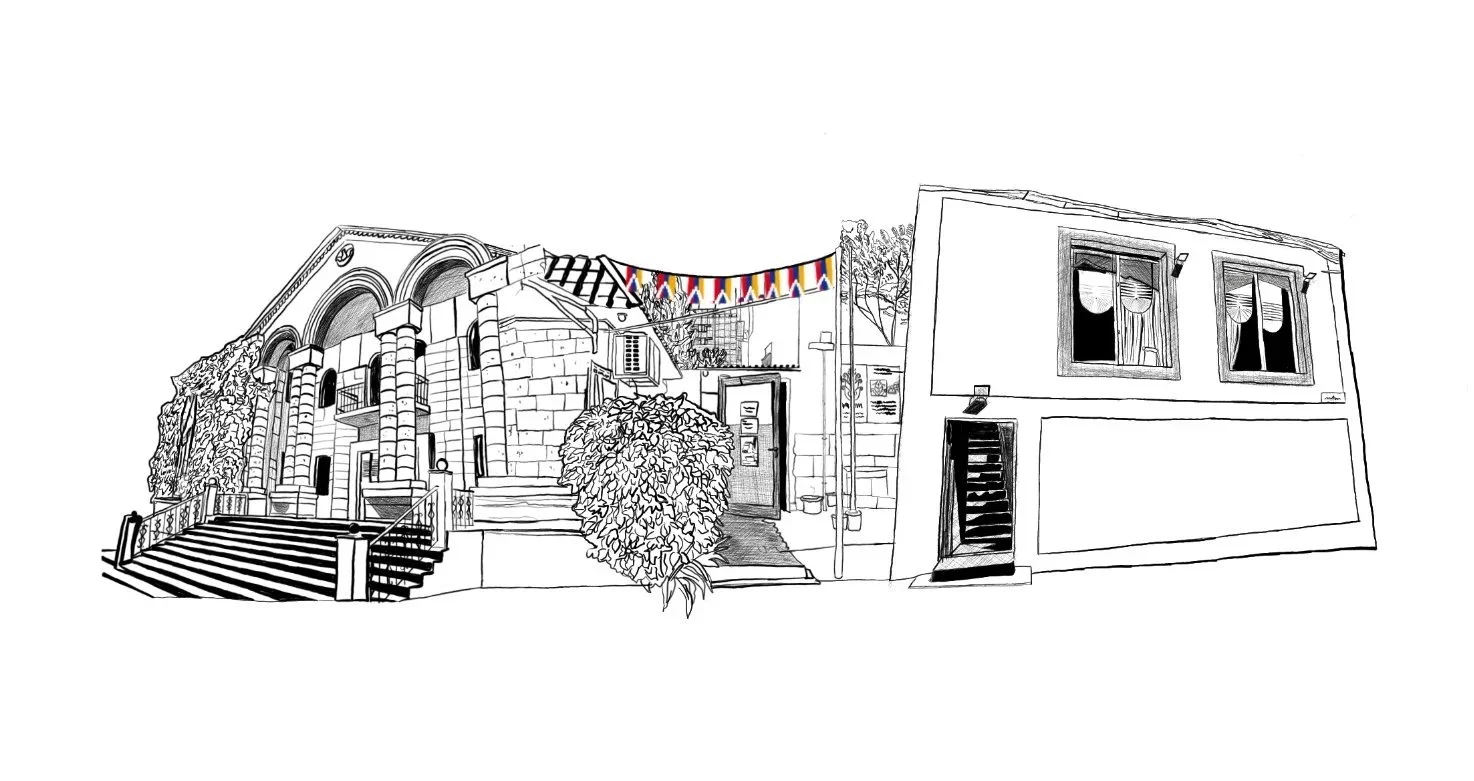Resisting Erasure of Ethnic Cleansing and Other Atrocities in Nagorno-Karabakh
Last updated October 2025
In September-October 2023, an Azerbaijani drone offensive in Nagorno-Karabakh forcibly displaced all of the more than 100,000 remaining Armenian inhabitants of the region. As news of the mass exodus emerged, the University Network for Human Rights interviewed over 50 ethnic Armenians who fled the violence through the Lachin Corridor and into Armenia, as well as publicly monitored and documented the ethnic cleansing in real time.
The following March, UNHR published We are No One: How Three Years of Impunity for Atrocities is Erasing Nagorno-Karabakh’s Armenians (remastered August 2024), which comprehensively documented how the 2023 ethnic cleansing culminated three years of rights abuses in the aftermath of the 2020 Nagorno-Karabakh War. The report, based on UNHR’s numerous fact-finding trips and other research since launching the project in 2021, found that Armenians had been victim to arbitrary detention, torture, enforced disappearances, unlawful killings, incitement to hatred, attacks on cultural heritage, and forced displacement by Azerbaijani forces, including through a nine-month military blockade that caused shortages of food, fuel, and aid and cut Nagorno-Karabakh off from the world.
Throughout the course of research for this report, UNHR supervisors and students from Harvard, Oxford, Wesleyan, UCLA, and Yale interviewed over 150 former prisoners of war, Armenian residents of border communities, victims of torture, relatives of civilians who had been extrajudicially executed on camera, and community advocates and civil society organizations. UNHR also submitted multiple reports to international agencies and published numerous articles in press and social media that sounded the alarm of ongoing and impending mass atrocities. Despite UNHR’s advocacy and that of others, the international community failed to hold Azerbaijan to account and prevent the ethnic cleansing of Nagorno-Karabakh.
Help us stop the erasure of Nagorno-Karabakh’s Armenians
Since 2023, the University Network has been among the few international NGOs that has continued to investigate and seek accountability for rights abuses and push for the protection of Nagorno-Karabakh’s Armenians, most of whom resettled in Armenia and face a new host of challenges to their wellbeing, preservation of culture and identity, and self-determination. Most recently, in the summer of 2025, UNHR supervisors and students interviewed members of the forcibly displaced community to understand their continued efforts to push for their right to return to remain on the diplomatic table amid the developing normalization agreement between Armenia and Azerbaijan. These experiences and perspectives were detailed for Armenian Weekly through writing, photography, and illustration in “Artsakh remains: Where those displaced from Nagorno-Karabakh are resisting cultural and political erasure.”

